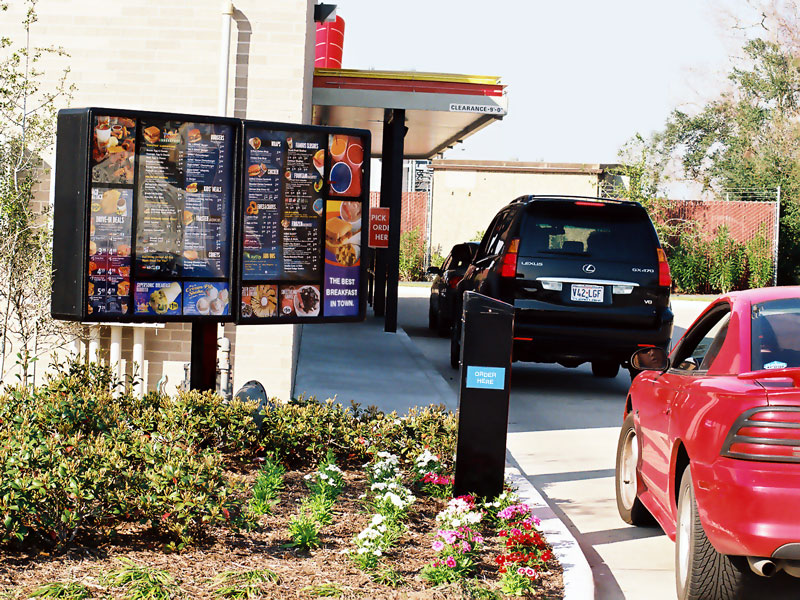So, how much will Covid-19 have affected payment card dollar and transaction volumes when the card networks and merchant processors report their first-quarter financials beginning in about a month? At this point, it’s way too early to tell.
An early read might come Tuesday when American Express Co. is scheduled to give an investor update. Inquiries by Digital Transactions News to five merchant processors Monday morning asking about their volumes at restaurants, a particularly hard-hit sector, either went unanswered or resulted in no comment.
One Wall Street investment firm, however, sets out in a new report various draconian scenarios for Visa Inc. and Mastercard Inc. that could see their profits drop by 40% or more.

It seems likely that reduced consumer spending will be reflected in network and processor volumes now that governmental authorities are urging consumers to stay home to control the spread of the coronavirus, or Covid-19. In just the past few days, the federal government has instituted a travel ban from Europe, and many states and cities have shuttered schools and ordered restaurants and bars to close except for pick-ups and deliveries. Sports and entertainment venues as well as countless other stores, churches, and other places of public gatherings have closed for the rest of the month and possibly long beyond. The only merchants seeing a visible increase in business are grocery stores and discount retailers, where there has been a run on household supplies such as toilet paper and cleaning products, leaving many shelves empty.
The Monday report from New York City-based Keefe Bruyette & Woods centers on assumed steep declines in cross-border revenues at Visa and Mastercard for four quarters, along with a possible wider retrenchment in consumer spending. The report addresses the scenarios in terms of earnings per share for the two companies, not payment volumes. But it’s still illustrative of the damage the coronavirus could do to the two biggest payments firms.
In one scenario, the KBW report estimates a 50% reduction in cross-border revenues from a travel shutdown would result in lower EPS of 21% for Visa and 23% for Mastercard. A 100% cut in cross-border revenues would cut profits at Visa by 42% and at Mastercard by 45%.
In the quarter ending Dec. 31, Mastercard generated 33% of net revenues, or $1.45 billion, from cross-border fees. International revenues amounted to $2.02 billion at Visa, also 33% of net revenues.
A second scenario is even more draconian and factors in stagnating domestic spending. In that case, combined with a 50% cut in cross-border revenues, Visa’s EPS would fall by 25% and Mastercard’s by 33%. With a 100% cut in cross-border revenues, EPS at Visa would plunge 46% and at Mastercard by 56%, KBW estimates.
KBW warns, however, that its estimates have many moving parts and are intended to help investors assess the two companies’ shares given the recent stock-market volatility. “We do not view these scenarios to be realistic as there are many reasons to believe that the impacts are transitory and that the long-term growth drivers of the network businesses remain intact,” the report says.
In the networks’ favor are the continued shift from cash and checks to card-based payments, the relatively lower exposure of e-commerce, and the ability of Visa and Mastercard to control costs.





